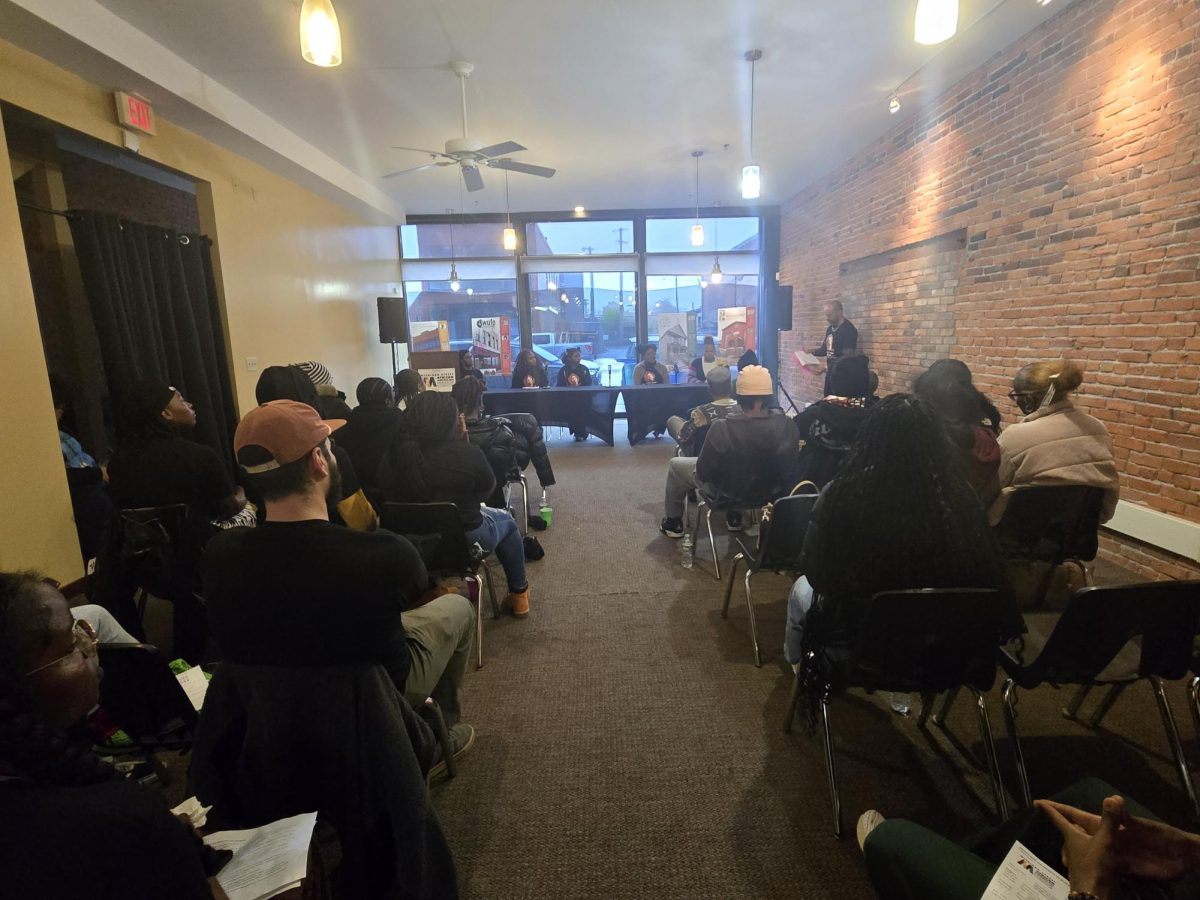DRM restrictions lead customers to illegal activity
September 20, 2016
Imagine buying a pizza for takeout, and upon arriving home with it, for whatever reason you start to eat it with a fork and a knife.
Suddenly your phone rings; it’s the pizzeria calling. They demand that you stop what you are doing, as the pizza was intended to be eaten with your hands. You will probably let the caller know that you bought the pizza, and you will eat it however you please.
You wouldn’t let a pizzeria tell you how to eat your pizza, so why would you allow any company to tell you how you can or cannot use a product once you’ve purchased it?
Unfortunately, we are all allowing this practice to exist. This is exactly what is happening with the digital goods we buy and the “protections” imposed on them, which are a form of something known as “DRM.”
DRM stands for Digital Rights Management, and it includes any “anti-piracy” software that is supposedly designed to protect copyrights and prevent illegal reproduction and misuse of digital media. DRM is present in almost all forms of digital goods you buy, and you may be more familiar with it than you think.
Say you wanted to buy an ebook off Amazon’s website because they have it at the lowest price. You will need a device with Amazon’s “Kindle” software to read the book. If you have a Nook, or any other e-reader device, you will be out of luck, as Amazon’s e-books are in a special format that only their devices and apps can recognize. Don’t like it? You are not alone.
There is a decent amount of controversy surrounding DRM and its place in the world of digital media. Companies who utilize DRM technology will tell you that its use is solely to protect the artists who have created the work. Some believe that it is necessary to use DRM to stop those who would copy and illegally redistribute digital goods for others to obtain for free.
On the other side of the controversy, many, including myself, believe that companies who implement DRM software do so in an attempt to maintain control of their products and their customers. Looking back at the Amazon e-book example, do we really believe that Amazon restricts their e-books to Kindle as a way to protect the authors? I don’t buy it.
I think it’s clear that Amazon does this to entice you to buy a Kindle, and to trap you into their ecosystem of products. If every e-book you own is in Kindle’s format, it would be quite difficult to switch over to another brand of e-reader.
As with anything, there is a workaround for such restrictions. To obtain free reign over an e-book, for example, and be able to read it on any device you choose, you would need to strip the product of its DRM. This is easily done on any computer, but the practice of doing so is in a legal gray area. Do customers really have to potentially break the law just to use a product they’ve bought in the way that they choose?
Because DRM technology makes it difficult to copy and transfer your media, many people are led to different methods to obtain their music, movies, e-books, etc. Some turn to pirating, and other forms of illegally downloading the media that they desire. Of course many of these people are just trying to avoid paying for the products that they want, but others do it because they want formats that are more universal, and easier to access. If companies made it easier for paying customers to use their goods in the way that they want, then people may be less inclined to steal them.
While I understand how important it is to protect the property and rights of creators, I am not quite sure that using DRM is the way it should be done. If anything, I think that DRM restrictions turn some customers away from buying certain products at all, and it leads others to alternatives that are illegal and maybe even immoral, depending on who you ask.
If companies refuse to stop implementing these DRM restrictions, customers should at least be able to remove it to have complete access to their product. When you think about it, if someone else controls how you use the goods you have bought, do you really own them at all?
email: hopkins.record@outlook.com




Joséphine • Sep 22, 2016 at 11:53 pm
DRMs definitely are a hassle and they’re not doing anything to stop piracy either. Anyone with a decent grasp of technology will figure out how to break it. Essentially, DRM inconveniences the rest of us who don’t illegally distribute ebooks.
Although, one point to note: the terms and conditions usually state that “buying” ebooks doesn’t transfer ownership but rather the rights to access and read them. That in itself is already very telling.